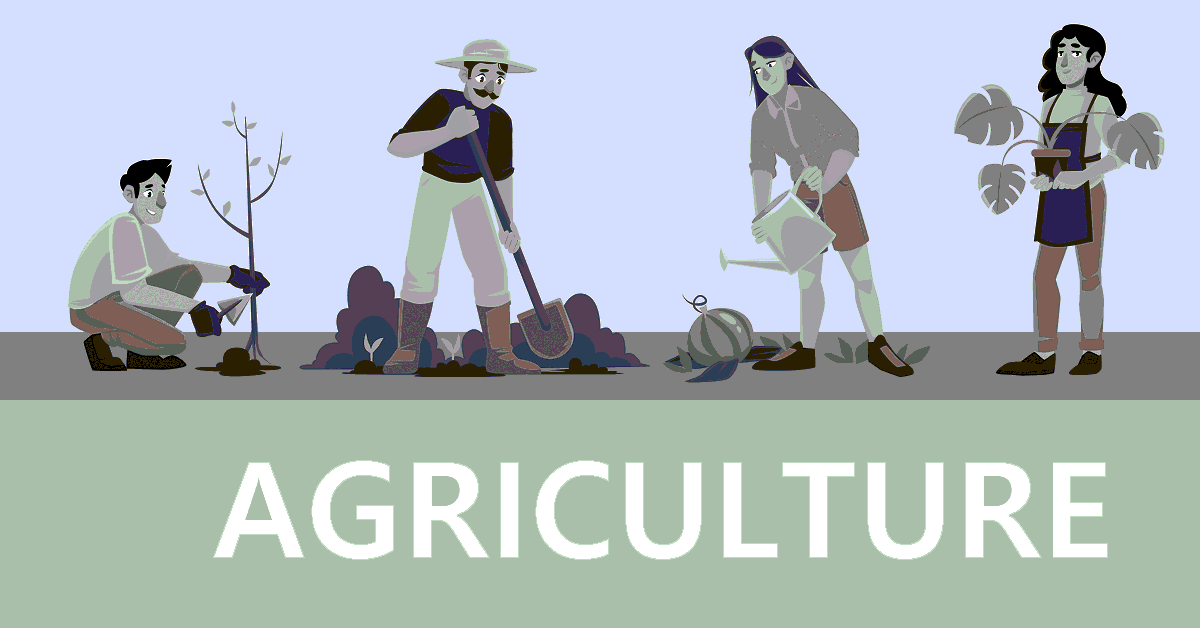
Agriculture and food were integral parts of Ancient Greek society, playing a significant role in their daily lives and cultural traditions. In this comprehensive guide, we will delve into the fascinating world of Ancient Greek agriculture and food culture, exploring the types of crops grown, food consumed, and the role of food in society.
Overview of Agriculture in Ancient Greece
Agriculture was a key industry in Ancient Greece, with many of the city-states relying on farming for their livelihoods. The Ancient Greeks were skilled farmers, cultivating a variety of crops, including olives, grapes, wheat, barley, and vegetables. They utilized a variety of techniques, such as terracing, irrigation, and crop rotation, to maximize the productivity of their lands.
The Ancient Greeks also used animal labor for farming, employing oxen to plow their fields and donkeys to transport crops. They also kept animals such as sheep, goats, and pigs for their milk, cheese, and meat.
Analysis of Ancient Greek Food Culture
Food played a significant role in Ancient Greek society, both as a source of sustenance and as a means of social interaction. The importance of hospitality, for example, was a central tenet of Ancient Greek culture, with the host expected to provide a feast for their guests. As ancient Greek poet Homer wrote in the "Odyssey," "There is no greater joy for a man alive than that when he has finished his work, he finds his table richly set."
The Ancient Greeks consumed a variety of food, including grains, fruits, vegetables, and dairy products. They also relied heavily on olive oil and wine, which were used in cooking, as well as for religious ceremonies. Bread was a staple in the Ancient Greek diet, often served with cheese and olives.
Exploration of the Ancient Greek Diet
The Ancient Greek diet was heavily influenced by trade, with the city-states importing exotic ingredients and spices from far-off lands. This resulted in a diverse and flavorful cuisine, with many dishes incorporating herbs, spices, and other seasonings.
Olive oil was a staple of the Ancient Greek diet, used in cooking and as a condiment. In fact, Ancient Greece was one of the largest producers of olive oil in the ancient world, with statistics showing that they produced more than 40 million gallons per year. Wine was also an important part of the Ancient Greek diet, used both for drinking and in cooking.
Comparison with Other Civilizations
While the Ancient Greeks were skilled farmers and enjoyed a rich food culture, they were not the only civilization of their time to have a sophisticated agriculture and food system. The Romans, for example, were known for their love of food, with their cuisine incorporating exotic ingredients from around the empire. The Egyptians, too, had a highly developed agriculture and food culture, relying on the Nile River for irrigation and producing a variety of crops, including wheat, barley, and vegetables.
Legacy of Ancient Greek Agriculture and Food Culture
The agriculture and food culture of Ancient Greece have had a lasting impact on Western civilization. Their methods of farming, such as crop rotation and terracing, are still used today, and the emphasis on hospitality and the role of food in social gatherings continue to be a part of modern Western culture.
The Ancient Greeks also developed a rich culinary tradition that continues to influence modern Western cuisine. From their use of olive oil and wine to their incorporation of herbs and spices, the flavors and ingredients of Ancient Greek cuisine can still be tasted in modern dishes.
Conclusion
In conclusion, Ancient Greece was a civilization that valued agriculture and food, with these industries playing a significant role in their society and culture. From the fertile soil and abundant sunlight of the Mediterranean region, the Ancient Greeks were able to grow a variety of crops, including olives, grapes, and grains. These crops formed the basis of their diet, with olive oil and wine being used as condiments and seasonings in cooking, and bread being a staple food. Food played an important role in Ancient Greek society, with hospitality being seen as a sacred duty, and feasts and banquets being important events for socializing and celebrating. The legacy of Ancient Greek agriculture and food culture can be seen today in the Western world, with the popularity of Mediterranean-style diets and the enduring influence of Ancient Greek cuisine. As we continue to explore and understand the agriculture and food culture of Ancient Greece, we gain a deeper appreciation for the history and influence of this fascinating civilization.
Agricultural Science




